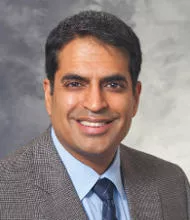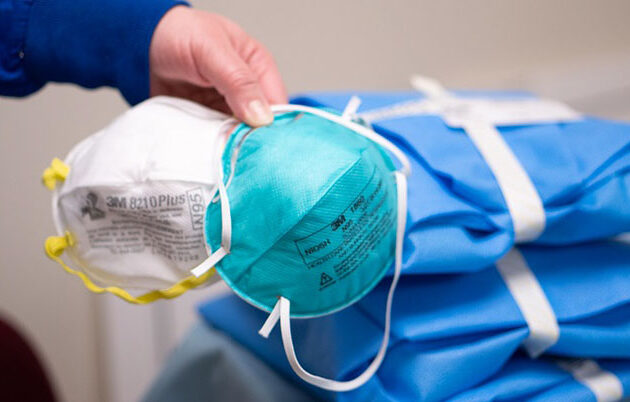UW study looks at new protections for frontline health care workers during COVID-19
A new prevention research study at the University of Wisconsin School of Medicine and Public Health looking at whether commonly used oral and nasal antiseptic (in addition to personal protective equipment and hand hygiene) can help prevent COVID-19 infections in frontline health care workers.


